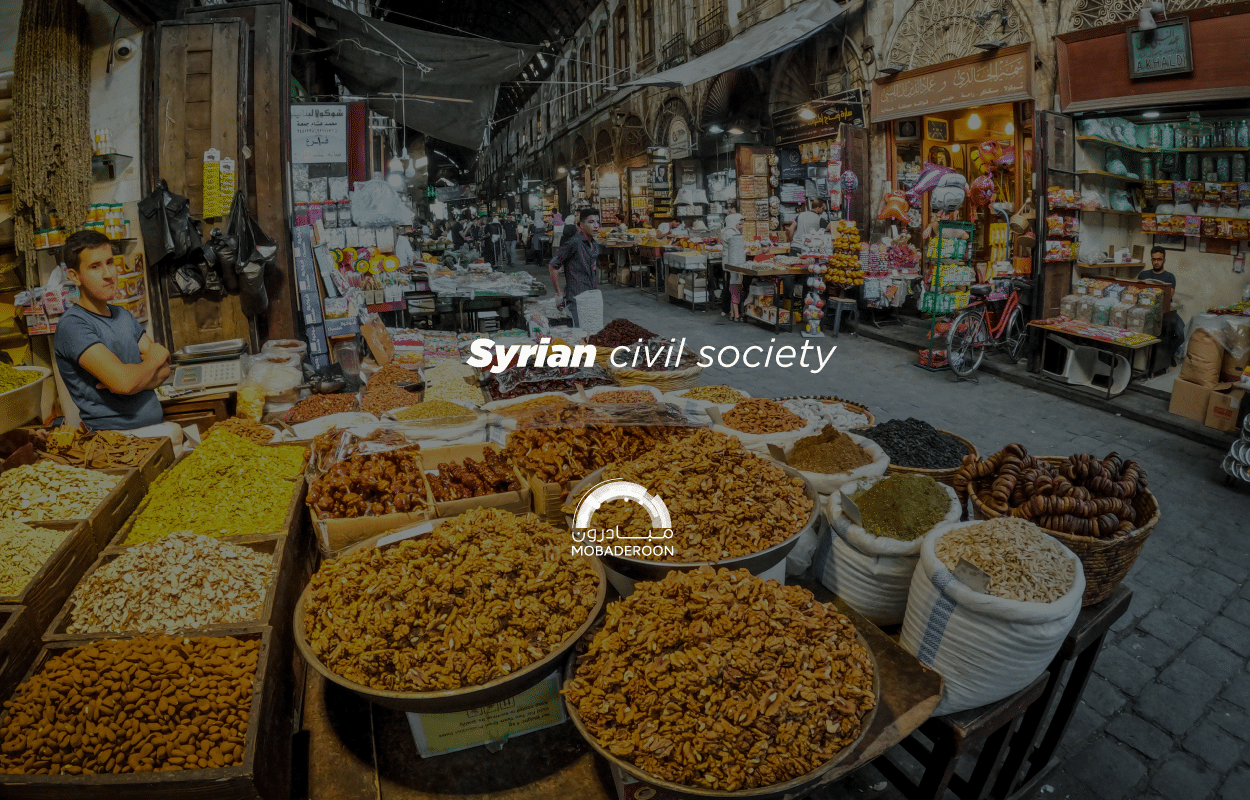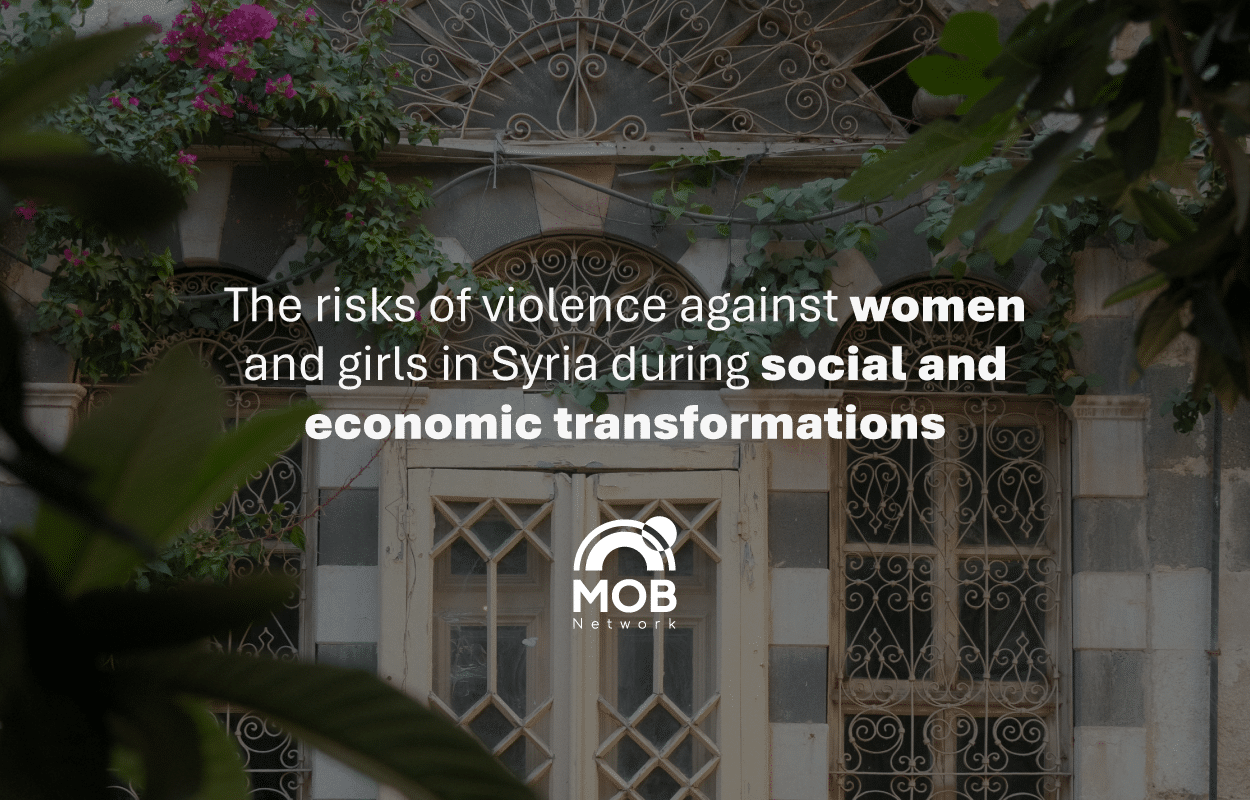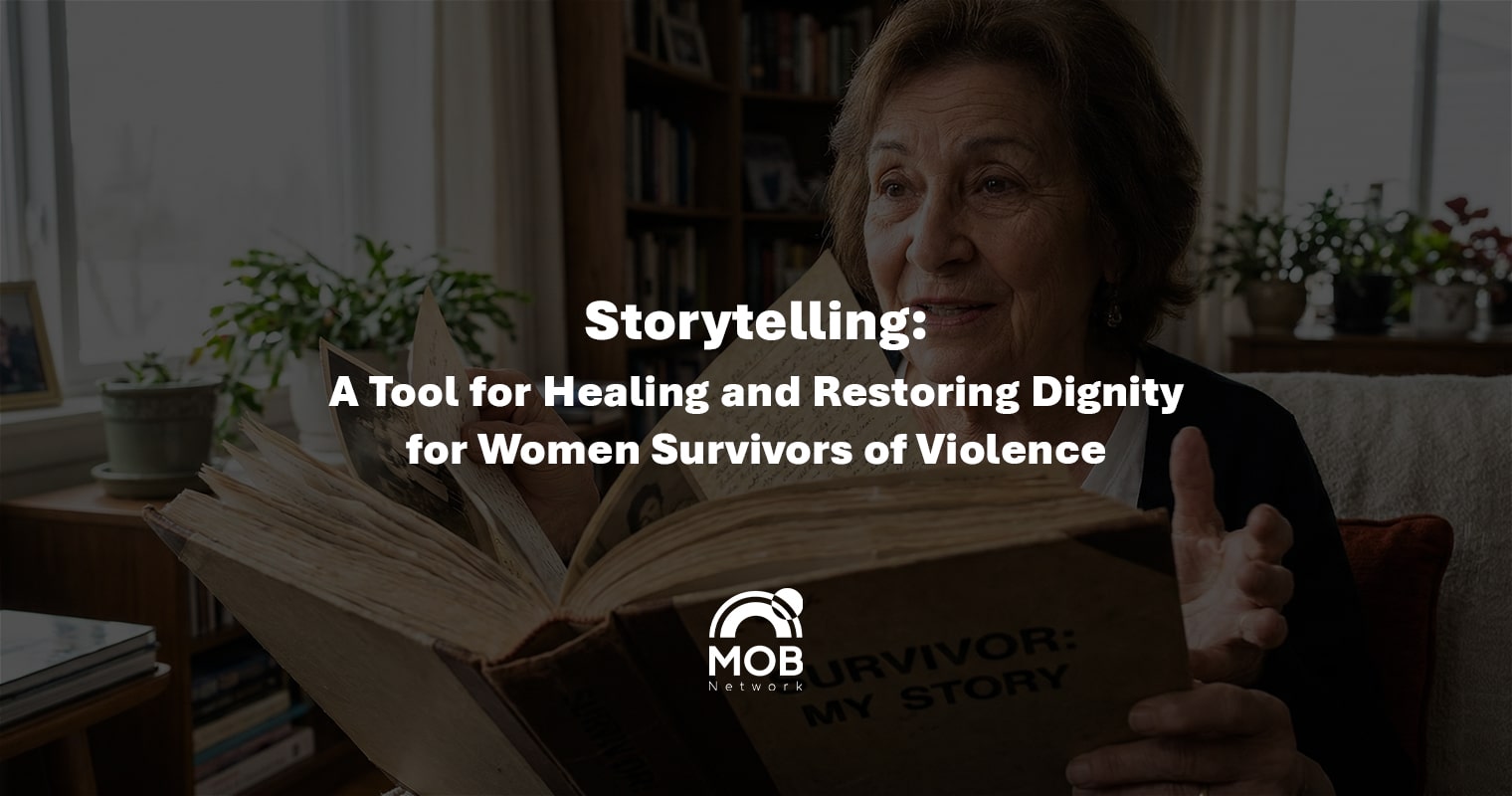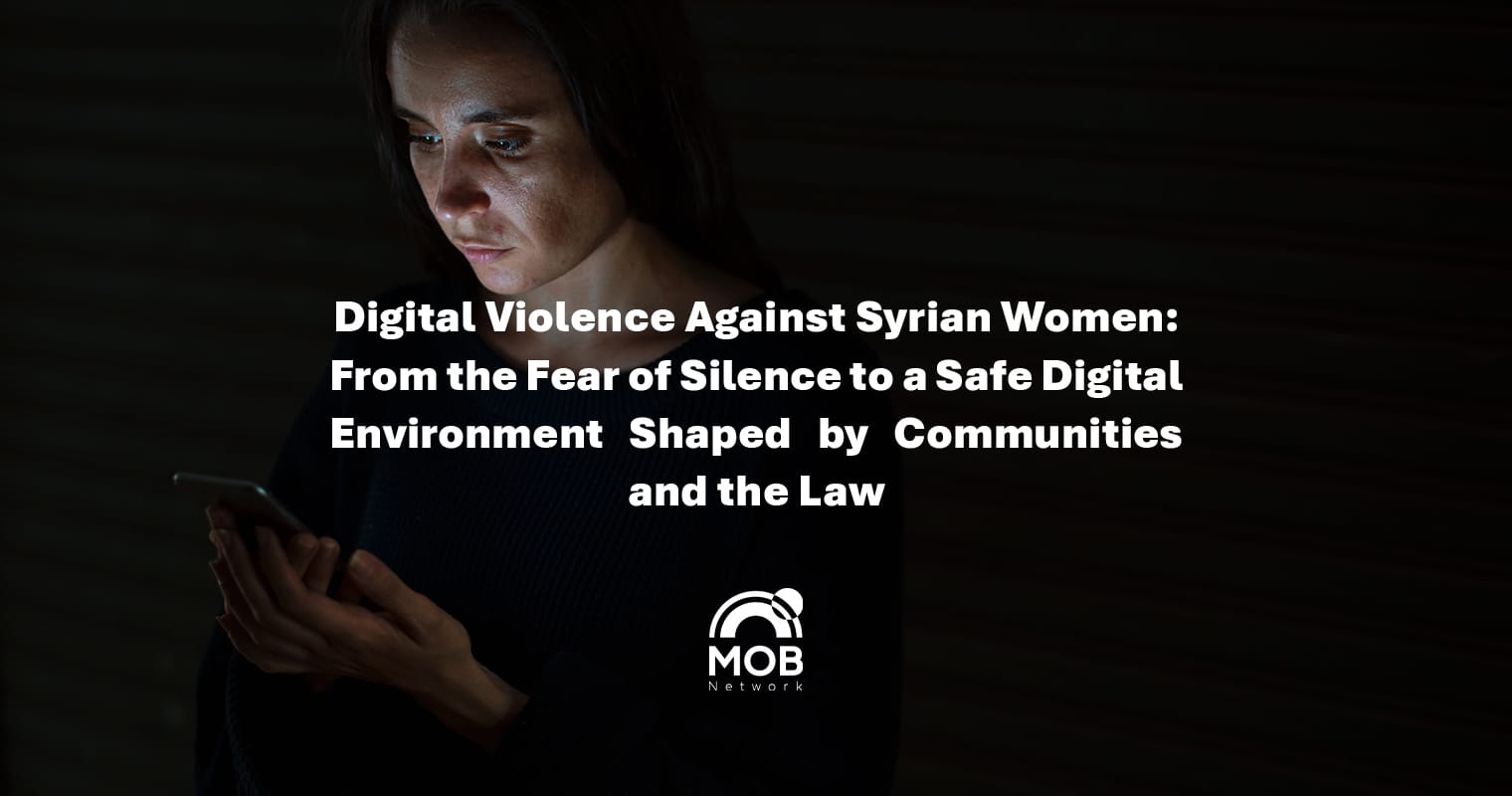"You don't need to belong to a volunteer team to lend a helping hand, volunteering is a way of life."
This phrase, in its simplicity, managed to draw my attention to something I had not thought of before. Do I have to belong to a volunteer team to help?
The answer seems very obvious, but I go back a little in my memory to the campaigns we used to do in university, from tree planting and cleaning, and even those that we used to practice at school, from founding the wall magazine or celebrating Teacher’s Day, all of them were the result of a need to fill a gap, until one of us took the initiative and preceded us by a degree on the ladder of giving.
And so, it is possible for an impromptu situation or a small initiative to make you the founder of a civil society in your environment and an active member of it. The matter is pressing as a need that can only be filled by a sense of responsibility and a sense of initiative.
The concept of civil society:
The basic concept of civil society is based on the study of independent voluntary groups that fill the public sphere between the family and the state, that is, it is a wide range of non-governmental and non-profit organizations that establish their presence in public life, and shoulder the burden of expressing the interests and values of their members or others from the community based on ethical, cultural, political, scientific, religious or charitable considerations.
The term civil society also refers to the organized space of society that works independently of the government and the private sector, and includes a wide range of entities, the most important of which are international organizations working in the field of development, popular initiatives, and traditional forms of parties and links, which may include trade unions, human rights organizations, traditional institutions, and social welfare associations.
Syrian Civil Society

Syrian civil society is unique in its characteristics, which are inspired by its distinctive historical development. It has grown gradually to cover a large sector of services, and the beginnings of voluntary associations can be traced back to the end of the 18th century in Syria, specifically with the establishment of the first civil association, “The Quraish Orphanage Charitable Association.”
The emergence of such associations was not a luxury, but rather a necessity to meet the community’s needs on several levels, especially in times of war and political turmoil.
On the relief level:
We find several associations specialized in providing living essentials that work to support low-income families to ensure a decent life. Researchers in the field of civil relief work note the predominance of the charitable character of civil society organizations at the beginning of their formation in Syria, such as orphanages and associations supporting low-income families.
On the social level:
These societies have made a qualitative shift on the social level, working with great efforts to study the state of society and identify its needs. This includes providing psychological support services, and youth support programs in the labor market to narrow the gap between university life and professional life, through training and workshops that contribute to creating a suitable civil environment for community dialogue, in addition to opening the door to participation in civil activities with a social dimension, which includes civil practices such as participating in dialogue seminars on citizenship issues, or mobilizing to carry out advocacy campaigns for specific social issues such as violence against women or violence against children.
On the developmental level:
We find interest in women’s empowerment projects through professional training workshops and small business support programs, to help to acquire specific professional skills. There is also participation in civil activities with an educational dimension, as well as providing educational services to children who have dropped out of school, or supporting children’s education alongside formal education, or providing awareness to parents of the importance of education.
The importance of civil society:
Civil society, in all its forms, strives daily to protect human rights and improve the situation of groups that suffer from discrimination and deprivation. This is done under different names, from non-governmental organizations, student clubs, unions, charitable associations, and orphanages. In the same context, it also plays an important role in defending the basic rights of citizens, such as the right to housing, education, health, and work. This contributes to confronting burdens and alleviating pressure on the government to achieve justice, equality, and respect for human dignity. Moreover, the fact that it is based on voluntary work makes the sense of initiative and the desire to improve reality the greatest incentive behind work, which enhances the value of citizenship.
The role of civil society:
In most countries of the world, civil society organizations play an important role in times of war and peace alike, but the importance of this role increases significantly in times of crisis and epidemics. For example, in Damascus, in the spread of the coronavirus pandemic, a community volunteer initiative called “Akhmah” was born, which aims to provide medical services, in addition to spreading the culture of personal and public hygiene and the importance of prevention, as well as securing the necessary tools for patients from oxygen cylinders, masks, or medicines through fundraising and the efforts of a large number of volunteers. This initiative inspired other youth groups in different regions of Syria, and soon we had similar initiatives in Homs, Tartus, Latakia, Suwayda, and Qamishli under the name “Akemhah”.
According to the German researcher “Thania Paffenholz & Christoph Spurk” in her study on civil society, the role of civil society is summarized in seven basic functions in the peace-building process:
- Providing protection
- Monitoring human rights violations
- Strengthening social ties
- Maintaining the unity of the social fabric
- Mediating in peace initiatives
- Providing community services
In conclusion, practising civil work in a constantly changing environment is not easy, but the degree of adaptability and responsiveness of the Syrian civil society has proven itself, in terms of implementing initiatives or the best ways to do so, on the one hand, and in terms of responding to challenges and dealing with them, on the other hand, in addition to the possibility of distribution according to the levels of community need in its various patterns of relief, development, and awareness. There are countless examples of creative and innovative solutions, as well as dynamism in responding to changes.





